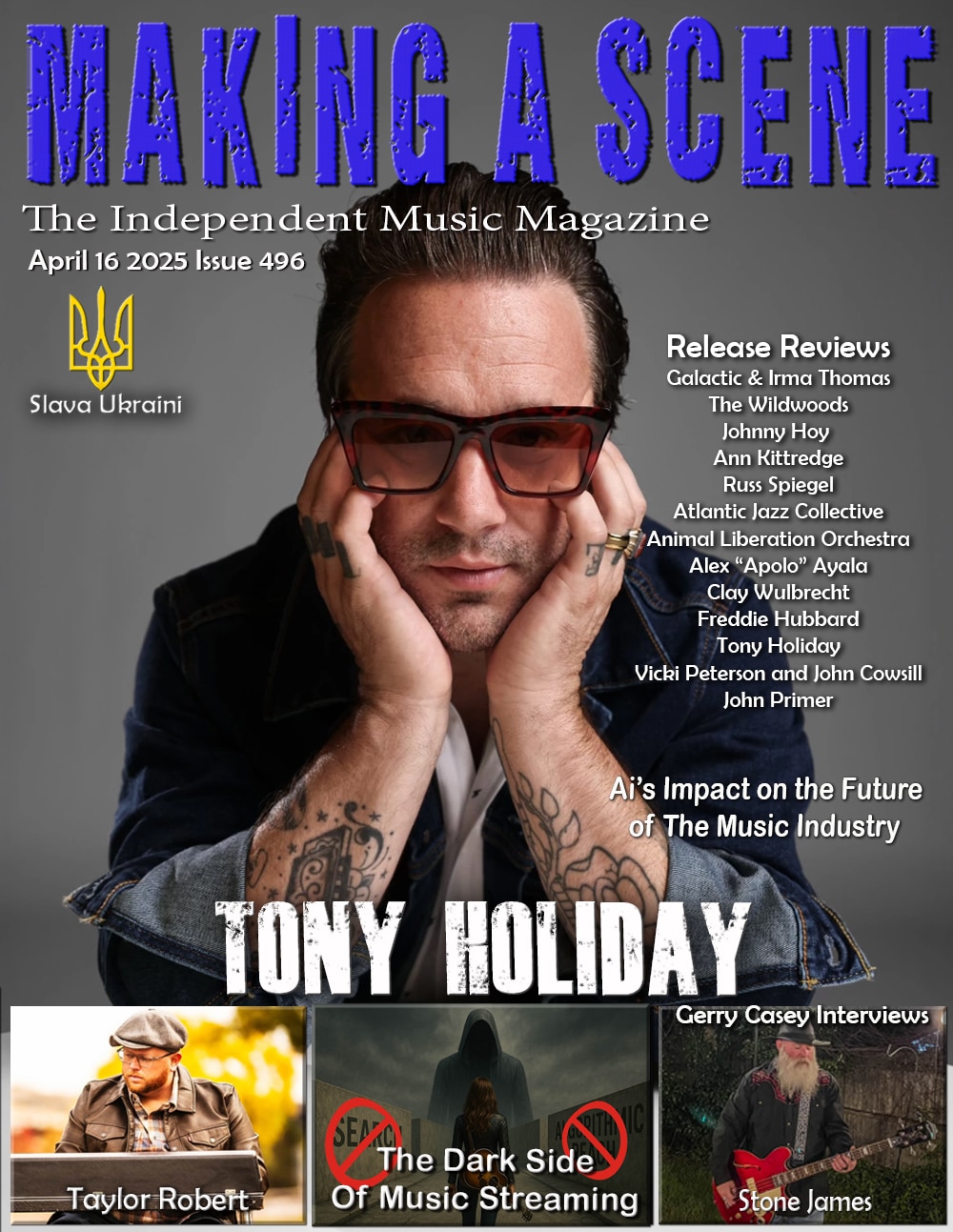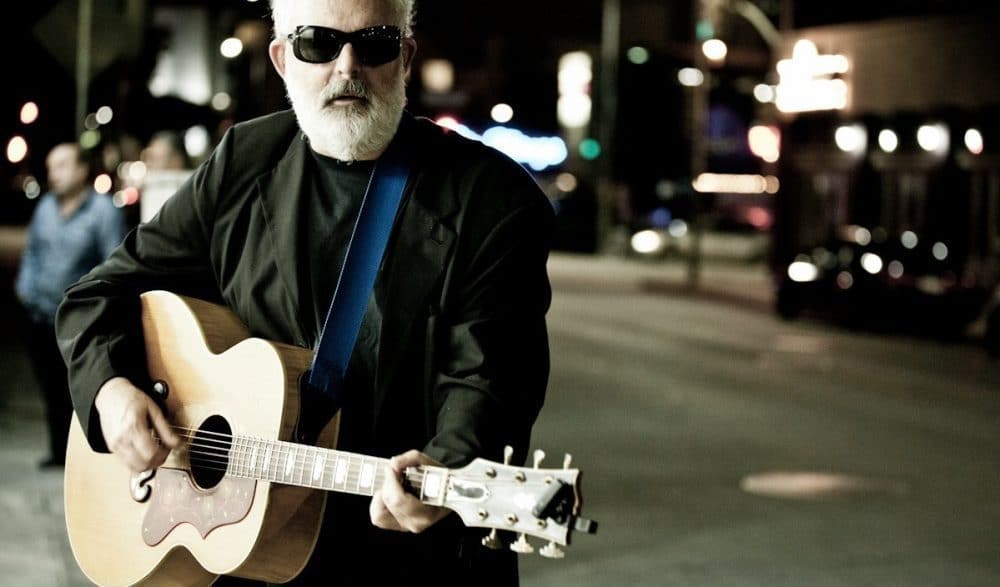An In Depth Interview with Jack Tempchin
Jack Tempchin is a legendary hit songwriter whose two compositions, “Peaceful Easy Feeling” and “Already Gone”, are now synonymous with the Southern California Sound. Both songs are on ‘Eagles: Their Greatest Hits 1971-1975’, awarded *Best-Selling U.S. Album of the 20th Century* by the RIAA. Tempchin has five Eagles contributions total, including “The Girl From Yesterday” from the ‘Hell Freezes Over’ reunion release, plus “It’s Your World Now” and “Somebody”, both on their latest double disc release, ‘Long Road Out Of Eden’.
You may have seen Jack Tempchin’s featured interview in the Alex Gibney-produced ‘History of the Eagles’ rock documentary, or quite possibly have heard his name referenced from the stage by Glenn Frey on the ‘History of the Eagles’ World Tour.
Famously, Tempchin’s tune “Peaceful Easy Feeling” was featured in a notorious taxi scene in the Cohen Brothers cult classic, ‘The Big Lebowski’ starring Jeff Bridges as ‘The Dude’, who is unceremoniously tossed from a cab. “Part Of You, Part Of Me” another Tempchin/Frey classic was the end title theme song for the Oscar-award winning film, ‘Thelma & Louise’.
BIOGRAPHY: As a harmonica playing teenager growing up in Southern California, Tempchin wrote his first songs at the beach. He and a guitarist friend would create lyrics as they jammed. Under the spell of folk music and blues, Tempchin took up guitar and began writing songs in earnest. Soon he graduated from the audience at coffeehouses to the stage and became part of the scene at West Hollywood’s famed songwriters’ Mecca the Troubadour.
Tempchin was soon one of the regulars at the Troubadour alongside Glenn Frey, Tom Waits, Randy Newman, J.D. Souther, Hoyt Axton and other emerging star songwriters of the early ‘70S. He also became friends with many of the already established young musicians who were living in Los Angeles’s counterculture haven Laurel Canyon and frequented the Troubadour, including the Byrds, Joni Mitchell and the Flying Burrito Brothers. Together these writers and performers would define a roots music inspired style that became known as the Laurel Canyon Sound or California Rock.
New bands were formed and record deals signed almost weekly in that creative melting pot, and when the Eagles released their debut album in 1972, it included Tempchin’s “Peaceful Easy Feeling.” The song reached number 22 on Billboard’s Top 40 Singles chart and earned its writer a place in rock history. “Peaceful Easy Feeling” has since become one of the most popular tunes in the band’s historic repertoire – along with Tempchin’s 1974 follow-up “Already Gone” – and even gained cult movie fame when it was used in the notorious taxi scene in the 1998 film The Big Lebowski.
As a member of the Funky Kings, Tempchin was signed to Arista Records by fellow music business legend Clive Davis. The group’s 1976 debut album featured “Slow Dancin’ (Swayin’ To the Music),” which became a top 10 pop hit for Johnny Rivers and a top 10 country hit for Johnny Duncan a year later. The song’s genre jumping appeal spoke volumes about Tempchin’s writing. To this day his work has a broad appeal and distinctly human touch that allows him to reach all types of listeners.
Jack Tempchin has recently released a ‘Peaceful Easy Feeling Cabernet Sauvignon’ and a ‘Peaceful Easy Feeling Chardonnay’ in association with three-time California State Winery of the Year Award winner South Coast Winery. He’ll continue to perform live and autograph bottles of his ‘Peaceful Easy Feeling’ wines at Whole Foods, Sprouts and Costcos in Southern California.
Tempchin’s also interested in sharing his passion with other songwriters and is simultaneously unveiling his new songwriter video series called Go Write One at Patreon.com. “In these videos I talk about the spiritual and magical aspects of songwriting – not the techniques – because I’m trying to get people excited to ‘go write one,’ he explains.
Jack’s lyric manuscripts for both ‘Peaceful Easy Feeling’ and ‘Already Gone’ and his original Stella guitar were on view at The Grammy Museum in Los Angeles, CA. He was interviewed and delivered a live performance at the museum’s Clive Davis Theatre for their exhibit, “The Sounds Of Laurel Canyon 1965-1977”
Discover more from Making A Scene!
Subscribe to get the latest posts sent to your email.
















































